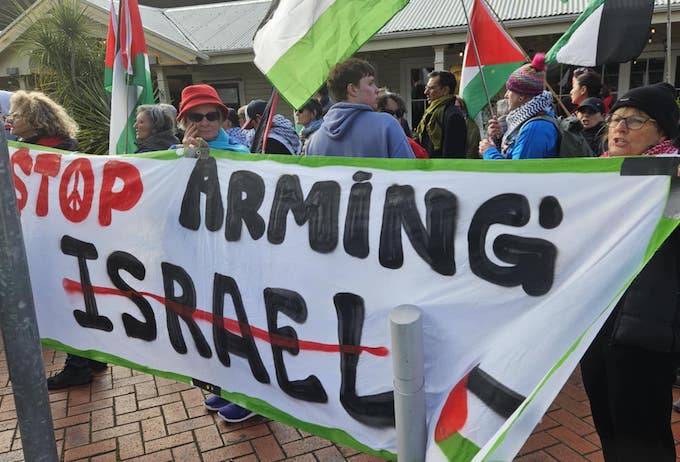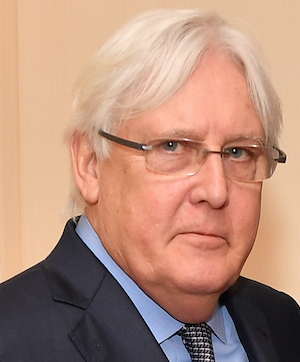
Asia Pacific Report
A former senior UN aid official has condemned the bloodshed at the notorious US and Israel-backed Gaza Humanitarian Foundation’s aid food depots, describing the distribition system as having turned into a “catastrophe”.
The number of aid seekers killed continues to climb daily beyond 1000.
Martin Griffiths, director of Mediation Group International and the former Under Secretary General of the UN Humanitarian Affairs Office, said: “I think when many of us saw the first plans of the GHF to launch this operation in Gaza, we were immediately appalled by the way they were proposing to manage it.”
- READ MORE: US envoy visits Gaza as Israeli forces kill starving Palestinians
- NZ ‘lagging behind’ world by failing to recognise Palestinian statehood, says former PM Helen Clark
- What would New Zealand recognising Palestinian statehood mean?
- Other Israeli war on Gaza reports
“It was clearly militarised. They’d have their own security contractors,” he told Al Jazeera.
“They’d have [Israeli military] camps placed right beside them. We know now that they are, in fact, under instructions by [the Israeli military].
“All of this is a crime. All of this is a deep betrayal of humanitarian values.
“But what I at least did not sufficiently anticipate was the killing and was the absolutely critical result of this operation, this sole humanitarian operation allowed by Israel in Gaza,” Griffiths added.
“The 1000 killed are an incredible statistic. I had no idea it would go that high and it’s going on daily. It’s not stopping.
“I think it’s a catastrophe more than a disappointment,” he said. “I think it’s a great sin. I think it’s a great crime.”

However, he acknowledged it was still an “important form of witness”.
“I’m glad that they’re going,” Griffiths said.
“Maybe they will see things that are unexpected. I can’t imagine because we’ve seen so much. But I don’t see it leading to a major change.
“If I was one of the two million Gazans starving to death, this is a day I would like to go to an aid distribution point,” Griffiths added.
“There’s slightly less risk probably than any other day.”












































